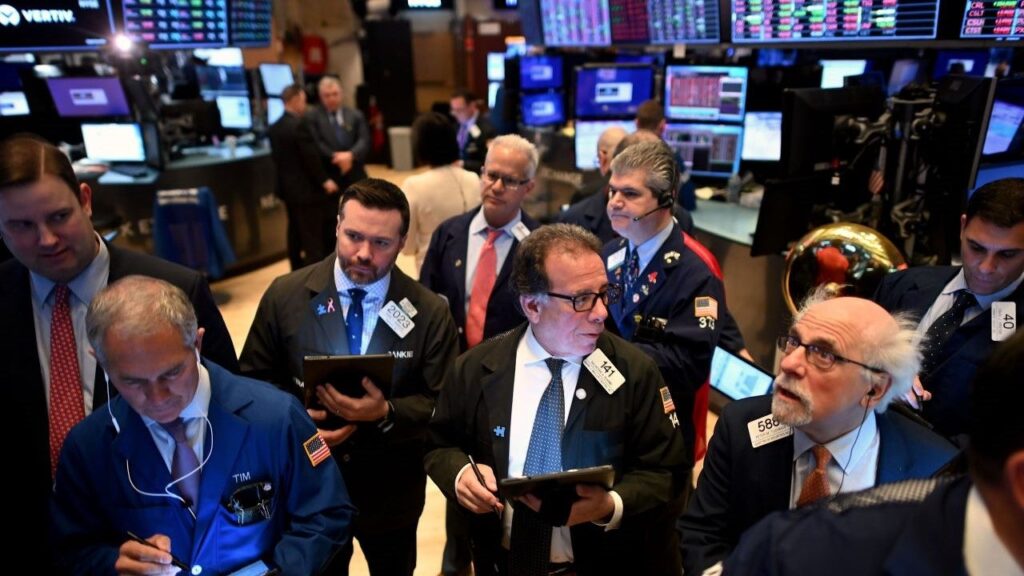What is Speculation and Its Impact on Your Investment Portfolio?

Speculation is the act of trading in an asset or security with a high risk of loss in the hope of significant gains. It involves making educated guesses about the future performance of an investment based on various factors such as market trends, economic indicators, and company news. While speculation can be profitable, it also carries a higher level of risk compared to traditional investing.
How Does Speculation Affect Your Investments?
Speculation can have a significant impact on your investment portfolio in several ways:
- Increased Risk: Speculative investments are inherently riskier than traditional investments. They are subject to greater price volatility and can result in substantial losses if the speculation does not pay off.
- Potential for High Returns: On the flip side, speculation offers the potential for high returns. If your speculative investment pays off, you could see significant gains in a relatively short period.
- Market Influence: Speculative trading can also impact the overall market. Large-scale speculation can create price bubbles or crashes in certain assets, leading to market distortions and increased volatility.
- Emotional Investing: Speculation can lead to emotional decision-making, such as buying or selling based on fear or greed rather than a rational analysis of the investment. This can result in impulsive actions that may harm your portfolio.
While speculation can be a tempting way to try and achieve quick profits, it is essential to approach it with caution and only allocate a small portion of your portfolio to speculative investments. Diversification, proper risk management, and a long-term investment strategy are key to navigating the risks associated with speculation and protecting your overall financial health.

